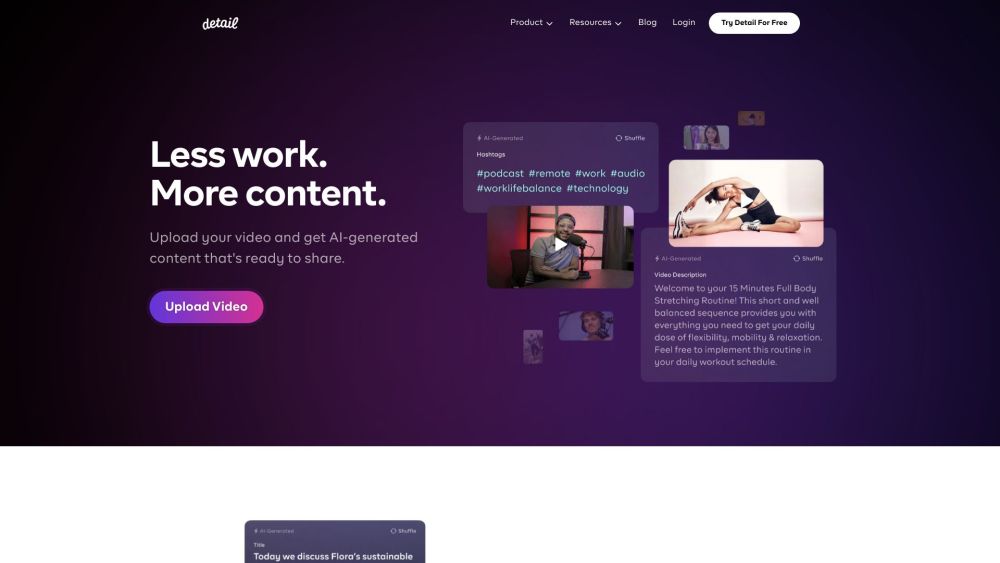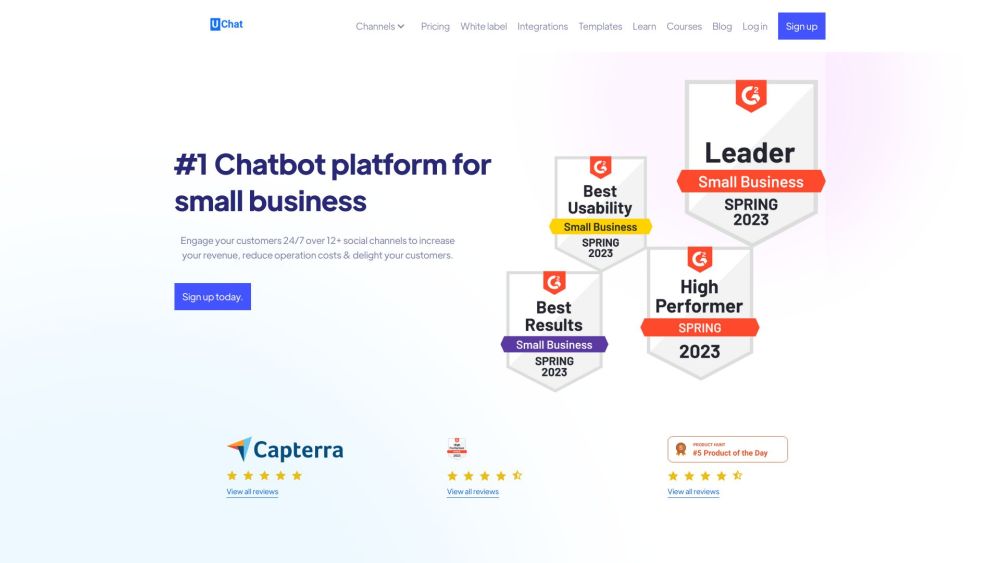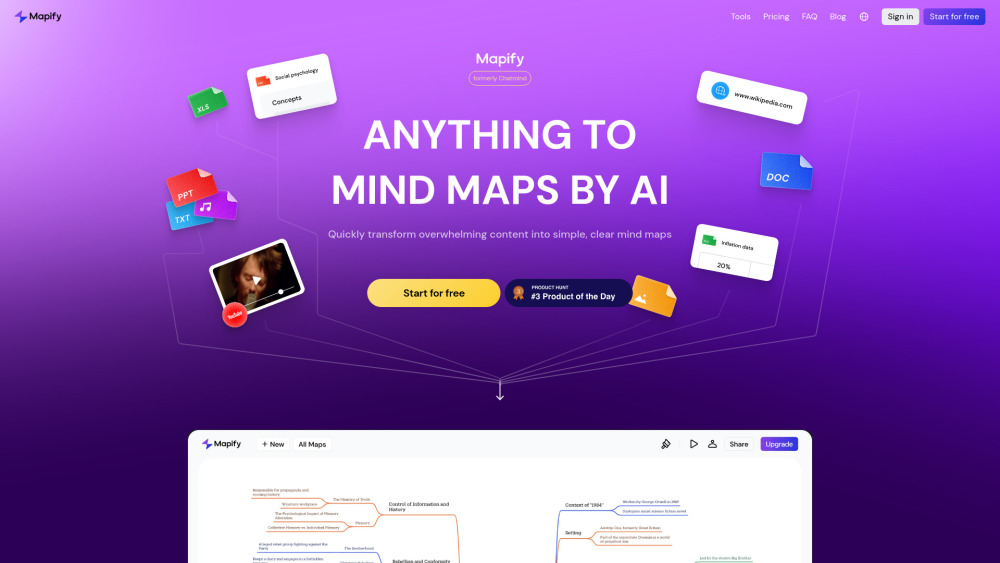The Rise of Computer Science as the Top University Major
Recent data reveals that computer science and technology has held its position as the most popular major for the past two years. Fields related to artificial intelligence (AI) continue to attract student interest, particularly given the record 13.42 million candidates who registered for this year's college entrance exams in China. With seven provinces introducing new exam formats, students are increasingly turning to AI search tools to guide their college applications.
These AI resources compile information from official university websites, admission guidelines, academic resources, and expert insights, delivering concise answers about admission policies, academic programs, lifestyle, and job prospects. Students can also utilize tailored application tools that provide personalized recommendations based on their province, scores, and rankings, categorized into "ambitious," "stable," and "secured" options for prioritizing schools and majors.
Understanding the importance of informed choices, Quark App has partnered with leading experts to host over 20 free livestream sessions this year, focusing on personalized application strategies tailored to different provincial characteristics. New content, such as regional rankings and specialized school lists, has launched this year to cater to diverse student interests.
Professor Yue Changjun from Peking University encourages students to align their major choices with their strengths while considering their interests, career goals, and market demand. Successfully integrating these factors can lead to greater job satisfaction and fulfillment after graduation. As the college entrance examination marks its tenth anniversary, intelligent tools have become vital for efficient information retrieval, empowering students to make informed decisions about their futures.
Quark App reports that it has provided free college entrance exam resources for six consecutive years, attracting 30 million users—including students, parents, and teachers—last year. Engagement peaks in provinces like Henan, Hebei, Shandong, Guangdong, and Sichuan, particularly from 9 PM to 11 PM, a popular time for researching universities and majors.
As AIGC technology and large model applications become integral to daily life, the appeal of AI-related majors has surged among this year's candidates. Following computer science and technology, other in-demand majors include electrical engineering, automation, artificial intelligence, dental medicine, and software engineering, with AI-related fields dominating the list of most popular courses.
Professor Yue notes that leading universities in China are establishing AI departments and often integrate AI education into their general curriculums. He recommends viewing AI as a tool, suggesting students study it alongside another discipline. For instance, Peking University's Teaching Development Center initiated a seminar series, “Generative AI and Discipline Development,” emphasizing the growing interest in AI courses.
Exam policy expert Liu Lei predicts a future where "AI +" becomes the norm, merging all fields with AI for greater learning and efficiency. He asserts that students, regardless of their major, should acquire AI application skills during their college years. Aspiring students are encouraged to evaluate institutional strength, curriculum design, and personal interests for optimizing their educational experiences.
In 2024, several Southern universities, such as Sichuan University, Southwest University, Hainan University, Xiamen University, and Jilin University, are among the most sought after by prospective students due to their strong academic programs, employment outcomes, and living conditions. Alongside this, vocational education has emerged as a valuable pathway, opening new avenues for career development.
Data highlights top vocational institutions, including Hebei University of Science and Technology, Guangzhou Civil Aviation Vocational and Technical College, Shijiazhuang Railway Vocational and Technical College, Wuhan Railway Vocational and Technical College, and Changsha Civil Affairs Vocational and Technical College.
To bridge the information gap for rural candidates, Quark App has launched the "Warm Mango Plan 3.0." This initiative offers practical resources such as examination service handbooks, targeted livestream sessions, special rankings, and guidance on common pitfalls. In public livestreams, experienced experts engage in interactive Q&A sessions tailored to rural students, helping them navigate current policy information, professional trends, and enrollment guidance.





